Supporting Program Schools in Baitadi
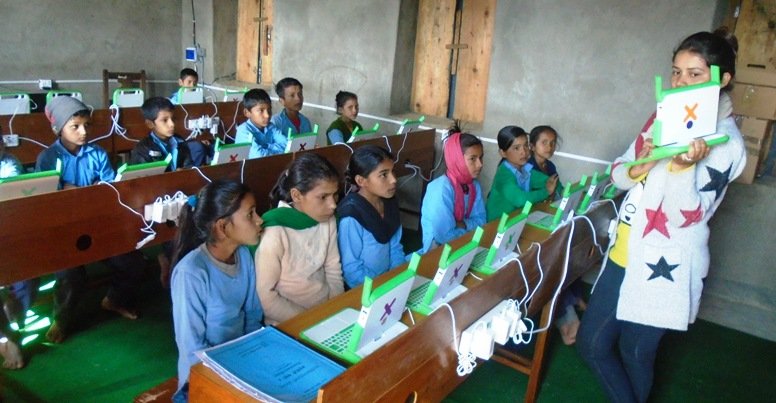
About the program:
Three months ago, OLE Nepal launched its first ever Teaching with Technology Residency Program to support 15 primary schools that have started using digital learning materials in their classrooms. This year-long program engages 2 qualified and motivated young graduates to assist teachers in maximizing the benefits from the wide range of digital resources made available at the schools. The Residents spent an entire month training at OLE Nepal's office before heading to Baitadi in January 2017 to facilitate students and teachers in using technology effectively in the teaching-learning process.
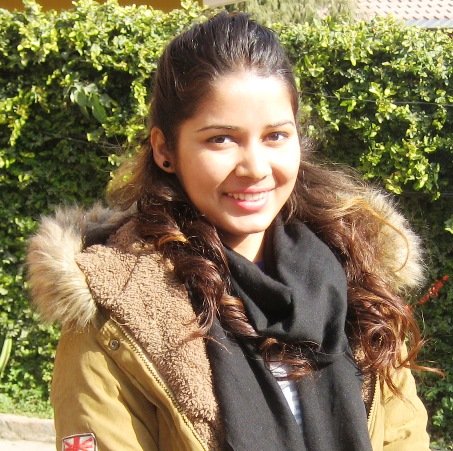
One of the Teaching Residents, Shikha Dhakal, was a primary school teacher before joining this program. She believes that technology is a powerful agent of change in the teaching-learning process. Shikha brings 2 years of teaching experience to the Residency program; she was a primary grade teacher in social studies at Santwona Memorial School before joining OLE Nepal. She has also volunteered on leadership seminars and workshops by Global Peace Youth Corps, and the National Federation of Youth NGO Nepal. Shikha has completed B.A. in Social Work from Santwona Memorial College.
Interview:
What were the major differences in teaching methods that you observed in Baitadi, compared to your time as a teacher in Kathmandu?
Shikha: My perspective towards the education system in Nepal has totally changed after my visit as a Teaching Resident in Baitadi. Although comparing Baitadi with Kathmandu may not be fair, I did observe huge differences in teaching methods, perspective, learning environment, etc., in Baitadi.
I found teachers in Baitadi were qualified, active, and dedicated to their duties. They gave high priority to their work despite their hectic schedule. Although teachers fulfill their responsibilities and stay positive towards their duties, time management is one of the biggest issues in such rural areas where the schools are located in isolated areas far from their homes.
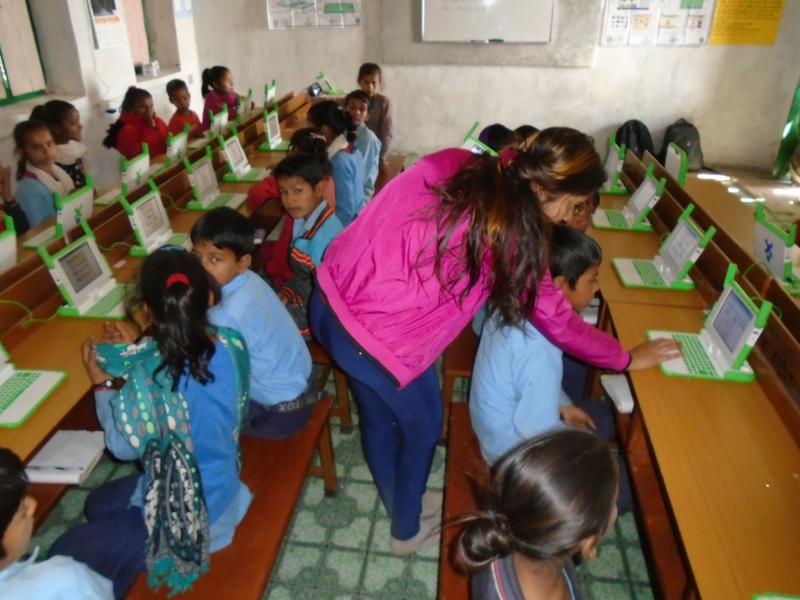
In terms of methodologies, they rely a lot on textbooks due to the lack of other teaching and learning resources. The teachers do try to use some group activities in classrooms; however, many schools struggle with an insufficient number of teachers, which severely affects their workload.
With the existing interventions and support in different areas, in due time, teachers in Baitadi too can become as competent as the teachers in Kathmandu, and this will certainly help to bring the improvement of the education status of the district.
How are the Teachers and schools using the digital learning resources in Baitadi?
Shikha: I believe every child should have access to quality resources and opportunities for learning, but the reality is that many children do not have easy access to quality learning resources.
I got an opportunity to assist teachers and students in using technology to provide quality educational materials in Baitadi, which in itself was quite an amazing experience. For the first time, I realized the value of things that we often take for granted. It was great seeing teachers' and students' involvement, curiosity, and interest in learning through technology; it was something they had never dreamt of. The active participation of teachers and desire to learn something new by going beyond the hectic schedule was quite impressive. They performed as a trained facilitator to use the digital resources (laptops, E-Paath, E-Pustakalaya) creatively while teaching.
It seems as they had long awaited for a miracle like this to happen. They changed their teaching methods to engage students in the classrooms. They now prepare lesson plans, children follow job charts regularly and so on. The activities they do in the digital learning class are helping them to obtain grade and subject goals of education.
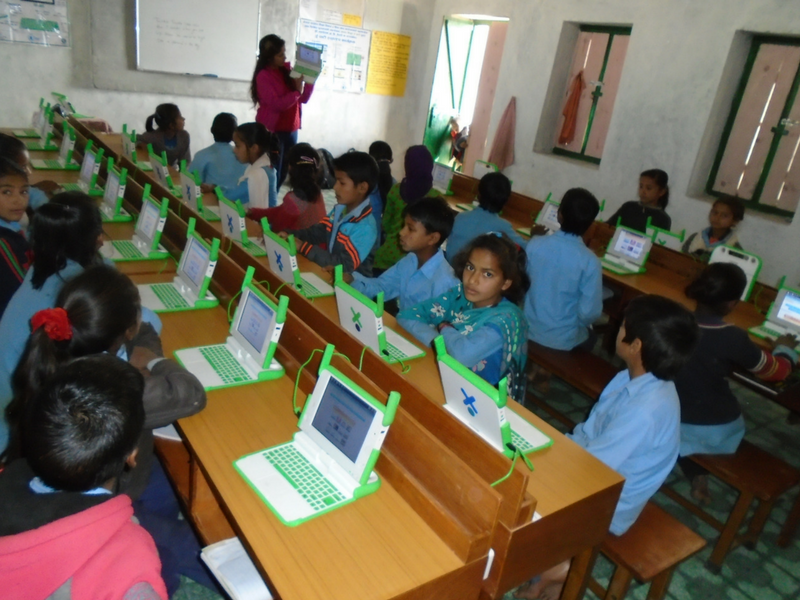
During your time in Baitadi, were there any interesting cases of teachers using E-Paath to explain concepts that students were struggling with?
Shikha: I remember the day Anjana and I were observing a class at Nagarchan Primary School in Mahakali. It was a science class in grade 4, and the teacher was starting a lesson on one-way and two-way communication. Following her lesson plan, she asked questions of students to assess their knowledge on the topic. She asked the students to give two examples of one-way communication, and a girl named Prapti quickly answered, radio and river. Prapti explained that since the river always flows in one direction and does not return, it is one-way communication. The teacher simply smiled and opened her E-Paath exercise and explained the whole lesson clearly.
Although it has only been 3 months into the Residency Program, do you think that this immersive experience has been beneficial to you (personally and professionally)?
Shikha: Every twist and turn in life makes us brighter and better for the coming days. In these 3 months of being a part of OLE Nepal's Teaching Residency program, I have experienced a lot of new things, faced and overcome several difficulties, hard situations, and challenges, all of which have helped to strengthen my professional and personal resolve. The time that I spent in Baitadi helped me to realize that in every inch of sadness lies a foot of happiness, and even the simplest of times brings the grandest of pleasures.
Personally and professionally I am glad to be a part of OLE Nepal. Those 60 days in Baitadi with new people, following their culture and tradition, were an immersive experience for me. I am definitely going to enjoy my next two visits back to Baitadi and meeting the people again, and I especially look forward to spending more time with the children there.
How did you feel about teaching with technology for the first time?
Shikha: Technology is one of the foremost agents to bring change in our teaching-learning process, while reducing the disparity in access to quality education. Similarly, teachers are the key to bring change by framing young minds into critical thinkers and learners.
Having past experience as a teacher, I found the technology-enhanced approach very interesting and effective for children than our traditional pedagogical methodologies.
How do you think the laptop program will be more effective in rural areas like Baitadi?
Shikha: In the context of Baitadi, there are children who aren't able to get two good meals a day, and parents who feel ashamed for not being able to provide even the basic necessities for their children. In those communities, OLE Nepal's laptop program provides them with the same opportunities as children in Kathmandu. One can't imagine how glad they were feeling and their happiness while using laptops to learn. There were several challenges on economic, social, as well as technological aspects, including the roles of teachers and communities, but their desire to learn new things, their courage to face difficulties, and solving them strongly and intelligently was admirable.
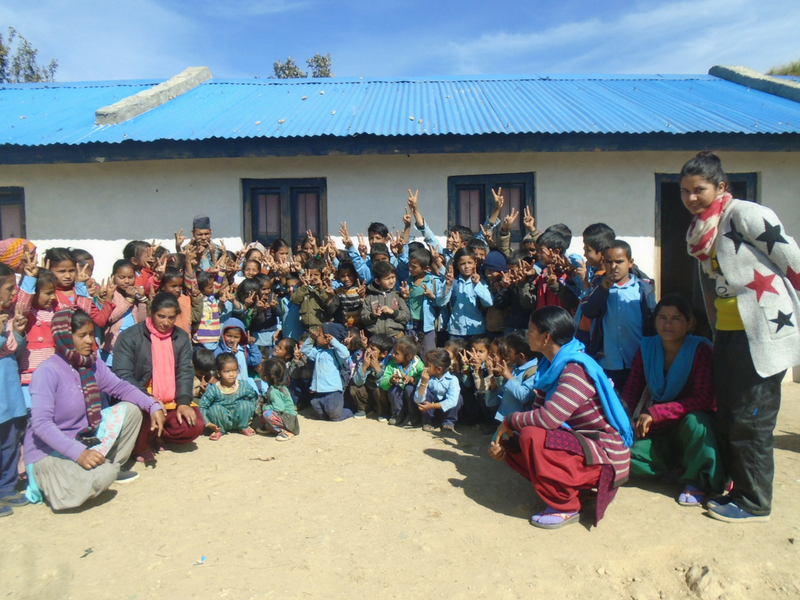
The laptop program has helped teachers as well as children to gain extra knowledge in various local and global contexts. It has increased the learning habit in children, encouraged them to improve their quality in learning methods from the traditional rote-learning approach. Another interesting benefit of this program is, it has helped to increase student attendance in schools. We have found that those students who used to come sporadically have now started to attend school regularly.